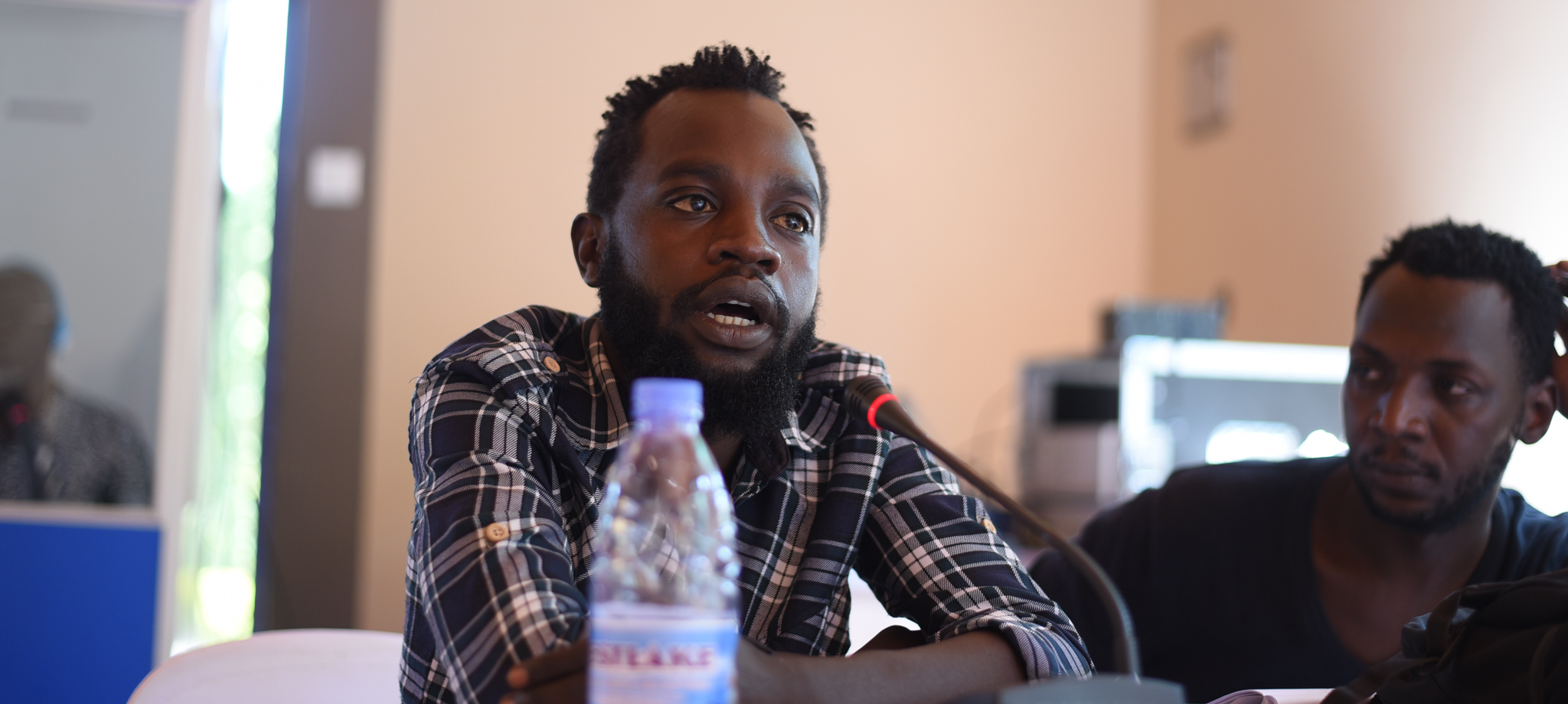One Year Into the Ongoing Conflict in Sudan: Reflections from our Peace Process Support Advisor Dr Ayak Chol Deng Alak
One year into the ongoing conflict in Sudan, our Peace Process Support Advisor Dr. Ayak Chol Deng Alak, reflects on her work with our Sudanese civilian counterparts in Kampala and the challenges and needs emerging.
INGOs compete internally to support Sudanese civilian actors
When the war erupted in Sudan, initially there was a slow response by INGOs. The war came as a shock to many INGOs and as a result, it took a while for there to be a visible response.
Most of the responses were locally-led responses, emergency rooms, and other such responses. And then extraction of INGO staff. All the international organizations, removed their staff from Sudan, which meant that funding, partnerships, and sustained presence/ access were also left.
The humanitarian space collapsed as the needs arose. The emergency rooms developed from local Sudanese initiatives took up humanitarian aid coordination, and they did it locally, getting from within the communities and serving the communities.
This was the beginning – however, as soon as the international space realized the magnitude of the situation and started pledging funds, many INGOs came into the space. This was particularly visible in regional capitals neighboring Sudan, in Kampala, Nairobi, Addis, and, to an extent, Cairo.
And unfortunately, many of them started duplicating initiatives. For instance, in Kampala, there could be three to four workshops in different locations happening on the same day, on the same topic of transitional justice. “Workshop shopping” is a phrase often used as a throw-away line, but in this case, it’s a very real – and far too regular – occurrence.
Which is what I would call competition in this space. It would do better for INGOs to have some sort of coordination mechanisms, loose coordination mechanisms to ensure there is no duplication, but complementary activities. To ensure that all the resources and taxpayers’ money that is being pledged for support to Sudan are capitalized and maximized on, and done in a way where Sudanese actors are in the lead.
Multiple negotiation platforms create confusion
This confusion and competition is mirrored when it comes to peacemaking efforts. What I see is that Sudanese actors are overwhelmed with multiple negotiation platforms that do not complement each other.
There is the IGAD process; there is the Jeddah process that has been trying to reach a cessation of hostilities agreement between the two warring belligerents. And then there are shuttle diplomacy efforts in addition to efforts from Egypt, UAE, and other countries.
It would do well to have some sort of complementarity between the activities – that the processes are linked so each effort can benefit from the experiences and the outcome of the other.
So that they do not become competing venues of engagement and negotiation. Because this also scatters the efforts of the Sudanese civilian actors.
I observe that they already are overwhelmed with the humanitarian response. And then now these multiple platforms add overwhelm in addition to dealing with being new refugees and trying to figure out their everyday livelihoods.
In my opinion, it is immoral to be competing and opening multiple platforms for negotiation that are not complementary to each other. It is scattering the efforts of the Sudanese actors which should be centered around one or two complementary processes.
Donors need to widen the scope of the actors to receive funding
There is a clear need to widen the scope of the groups that receive funding.
There are known actors in the Sudanese space, known political actors, and known civilian groups, known activists. But one year into the conflict, new dynamics have created room for the emergence of new actors. Given all the talk around localisation and innovation in both the humanitarian and peacebuilding spaces over recent years, there are real opportunities to now “walk the talk”.
New people are coming into activism and coming into active citizenry because of the situation that has been thrust on them. This means that donors should consider supporting these new and emerging actors and civilian groups as well and not just continue to support their older partners.
Donors in general need to find avenues of extending beyond the usual and find flexible mechanisms of funding and accessing funds. If people fled with their clothes on their backs, it does not make sense to ask them for their banking statements, for example.
There is a need to make access to funds easier, especially for new and emerging groups. Because in situations like this, we know that citizens rise to the occasion, get better organized, start mobilizing, and get more engaged, and citizen ownership is a crucial component of any political process. To encourage that, access to funding needs to be more flexible.

